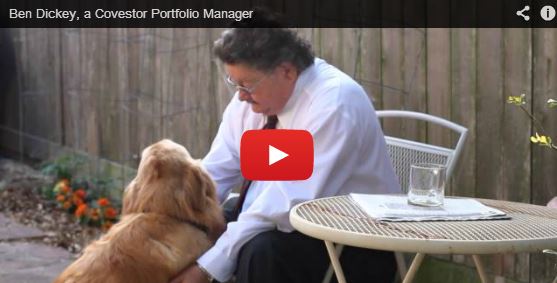I groan when I hear so-called investing pundits discuss how to think about the profits from winning trades, or “house money” to borrow a gambling term.
Some behavioral finance experts have studied how investors tend to take greater risks and make mistakes with house money.

That’s one reason I get annoyed when “experts” recommend that when a stock enjoys strong gains, the investor should take the originally invested money off the table — but let the house money (profits) ride.
That way, you can’t lose, right? Wrong!
Bringing down the house
Let’s think about this another way.
You are in Las Vegas. Surrounded by the glitz and glamour, not to mention some of the best food in the world, you have decided to play blackjack. Lo and behold, you start a winning streak. Your initial stake at the table was $10,000 and through your stellar play you have now amassed the tidy sum of $20,000.
Following advice to take your money off the table, you pocket your initial $10,000, leaving you with $10,000, or in other words “the house’s money,” with which to gamble.
As it often does, the luck turns and you lose the entire $10,000 back to the casino. What have you lost?
You still have your initial $10,000, so some folks might say you haven’t really lost anything.
I disagree.
Know when to walk away
Here’s the thing: The origins of your winnings are irrelevant.
It may make you feel better about your losses to say that you only lost back the house’s money, but that’s not really true. This is mental accounting at work.
At any time, you are free to stand up, collect your chips and cash out. That $10,000 in winnings is your money, not the house’s.

Once you have amassed that $20,000, the entire $20,000 belongs to you.
Where it came from — your pocket or the house’s — doesn’t really mean anything. You have $20,000 and can decide to gamble $10,000 of your money, or walk away with all $20,000.
Investing lessons
What does this really mean to us as investors?
Well, investment decisions should always be made based upon where you stand at this very moment. Today, right now, should you continue to own a profitable stock or sell it in favor of another company that has a higher profit potential?
What happened in the past simply doesn’t matter.
Always focus on the present when making investment decisions. Even if you own a particular stock, would you buy it today?
As Warren Buffett says, the stock doesn’t know you own it, and it certainly doesn’t care what you paid for it.
In summary, treat all your money as your own, even if you won it from the house.
—
DISCLAIMER: The information in this material is not intended to be personalized financial advice and should not be solely relied on for making financial decisions. All investments involve risk, the amount of which may vary significantly. Past performance is no guarantee of future results.


